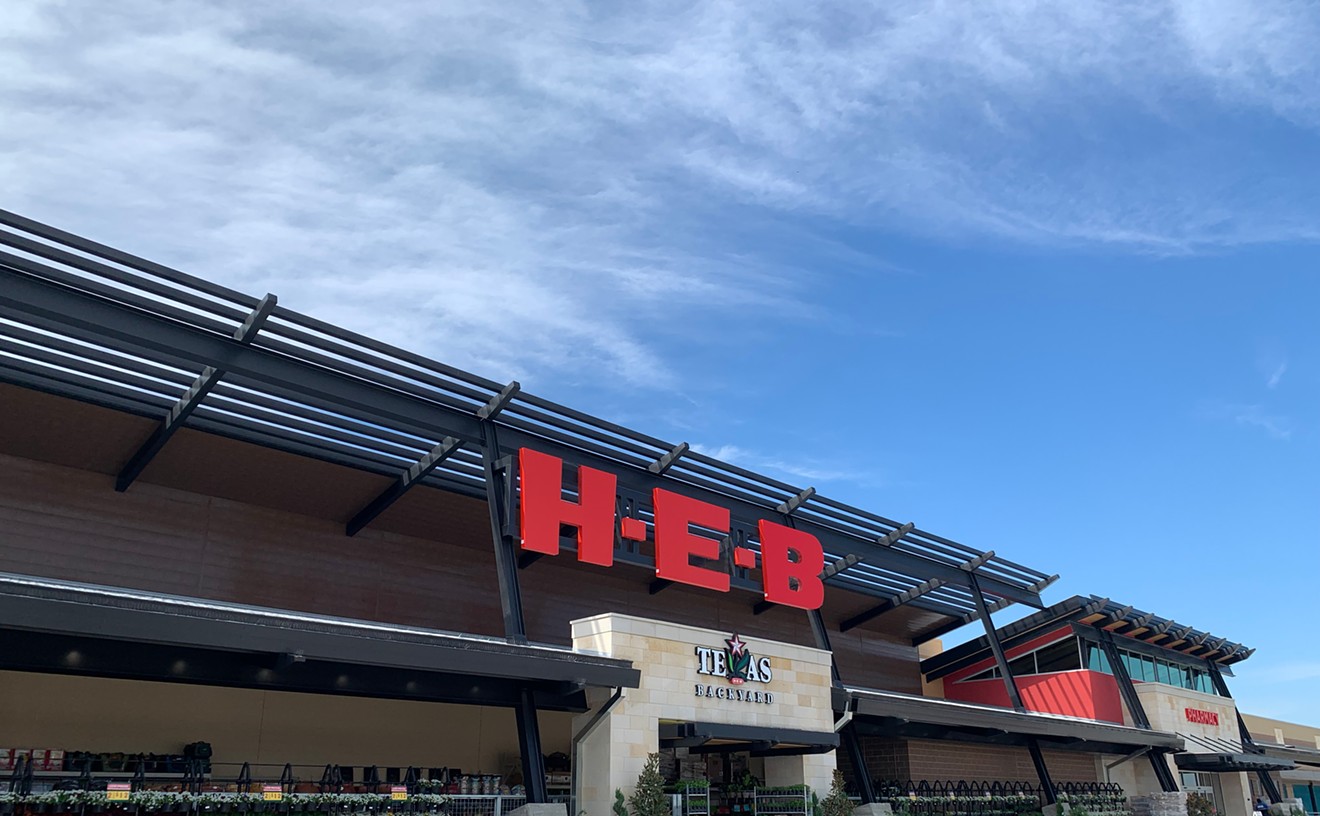Here's a romantic scene: Two wine connoisseurs in love pack a basket with cheese and crackers, roll down the roof on a rented convertible and spend the day zigzagging the scenic, hilly roads between Texas' newest wineries.
But by the second or third stop, the young couple begins to grow crabby. Their picnic's overheated, the wind's made a mess of their hair and -- worst of all -- the wine's lousy. Really lousy. Soon, the man's grumbling about the wisdom of growing grapes in Texas, and the woman's vowing to steer clear of the Texas shelf at her local wine shop.
For Dallas winemaker Dan Gatlin of Inwood Estates, that's the nightmare scenario that bound to result from so many Texas "wineries" furtively repackaging California juice. He believes the common practice of buying bad California wine and selling it with a Texas label threatens to sink the state's promising wine industry. (Some Texas wineries also import grapes and grape juice, which they ferment into their own wines.)
"They're telling people all these deceptive things," Gatlin says of the wineries reliant on expatriated grapes. "They'll say 'it's made here.' That could mean you just put a label on it in a backroom. It's very deceptive, and it hurts guys like me. The industry is going to become a joke."
According to Gatlin, there are now 220 wineries in Texas, up from 60 in 2006. But, he adds, "There's barely one more vine. There aren't any more grapes. People are going into business with the intention of calling California for a $2 wine and selling it for $25."
There's nothing legally wrong with putting California wine in Texas bottles. So long as the word "Texas" doesn't appear on a bottle's front label as the wine's place of origin, a winemaker may use any grapes he or she chooses. What troubles Gatlin is that vineyards often use their own grapes in just one wine, but stick the same label -- minus the "Texas" tag -- on all their products, potentially confusing customers.
In an essay published in Texas Highways earlier this year, Gatlin proposed requiring wineries to use "second-labels" that would be immediately distinguishable from the label assigned to their Texas-grown wines. Gatlin describes second-labels as standard industry protocol.
"There is no shame in second-labels, and there is also no risk of a public backlash," writes Gatlin, who helped Caymus develop its successful Liberty School second-label.
Second-label wines can be very good, Gatlin says. Smart winemakers "can make a hell of a wine" from grapes that didn't meet first-label varietal or appellation standards. Critics laud the best second-labels as interesting and affordable.
But Gatlin's solution doesn't apply when there is no first label.
"My honest response is 'get off your fat butt and go grow some grapes'," Gatlin says when asked how he might handle wineries whose entire product line originated in California. "I know those guys look at me and say I'm stupid, there's an easier way. But if you're really thinking about building a wine region, you're not ever going to accomplish it without grapes."
The problem's not confined to Texas. Wine makers from Colorado to Georgia are increasingly abandoning their own vines -- or even bothering to plant them -- and buying up California's surplus, giving free-spending wine tourists something to guzzle.
"California is sitting on an ocean of crappy wine," Gatlin explains.
According to Gatlin, regulation authority would lie with the federal government, which briefly considered offering tiered licenses. Rather than license all wine bottlers as wineries, the new system would distinguish between growers and sellers, much as the law currently recognizes the difference between microbreweries and brewpubs. But the concept didn't go anywhere, and Gatlin isn't sure he's sorry.
"We're heavily regulated as it is," Gatlin says. "I hate to load us down with more paperwork."
Gatlin would prefer to strengthen the Texas wine industry through consumer education. He's hoping the imminent reprinting of his essay -- which he feels was bowdlerized by Texas Highways -- will help.
"If consumers are educated and understand what they're buying, you wouldn't need regulations," he says.










